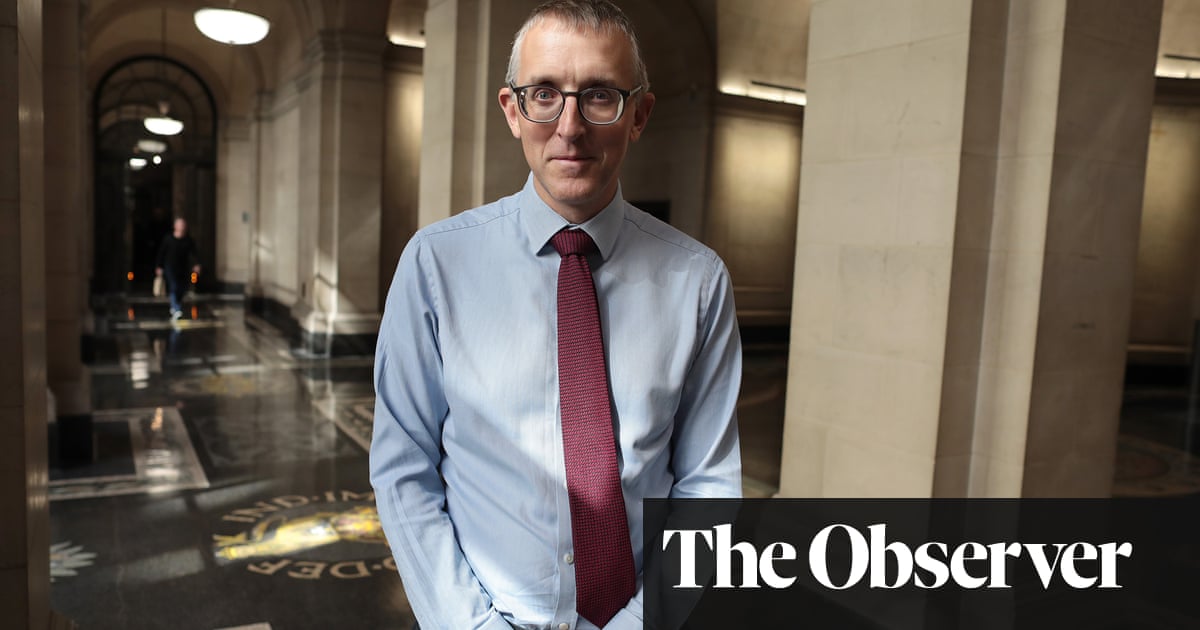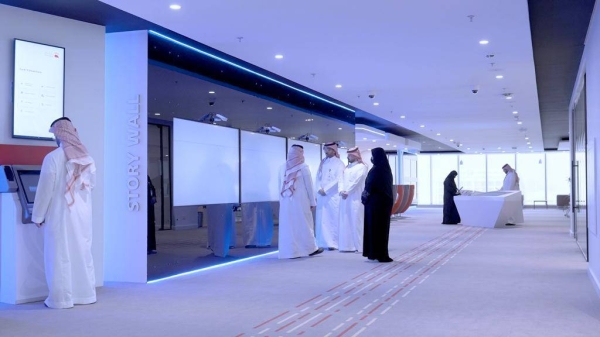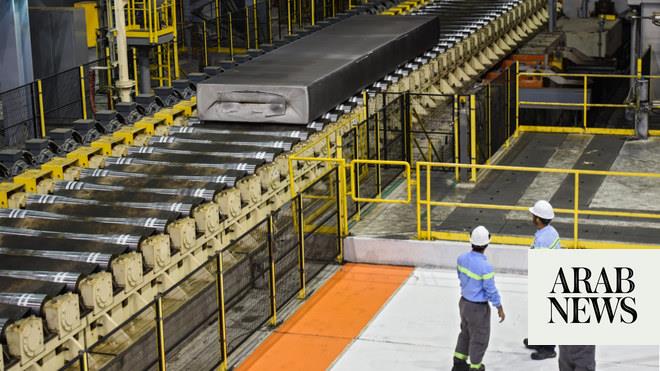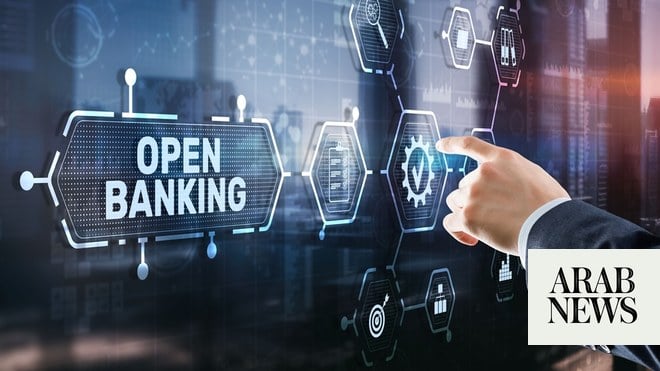
Financial empowerment is about enabling people to take control of their money. There are three components of what people need, to feel a sense of financial empowerment.
The first is knowledge — understanding what is happening with money and what to do with it. Then there’s control, which is the ability to manage money easily and effectively. Finally, the sense of freedom that allows people to spend, save and invest wisely.
In summary, financial freedom is a result of good knowledge of the financial world in addition to having control over your finances.
In Saudi Arabia, people feel that banks provide the knowledge they need, often via branch network — still a popular channel in the Kingdom. They still crave control and freedom, though.
Challenger banks and digital apps have the potential to enhance people’s financial empowerment, especially through the implementation of the Saudi Central Bank’s open banking policy, which aims to advance digital innovation in the finance sector.
Elsewhere in the world, for example in Europe and Singapore, open banking has done exactly so by making it possible for a new generation of fintechs and challengers to compete in the market.
Trust, especially around digital banking, is extremely important to citizens of the Kingdom.
Karim El-Mourabet
There are already 97 fintech start-ups operating in Saudi Arabia, and two companies — stc pay and Saudi Digital Bank — have received digital banking licenses.
With open banking, fintechs are well placed to build people’s sense of financial empowerment. They can offer aspects of financial services without the need for a banking licence, giving customers access to a huge range of capabilities, including microfinance, portfolio management, KYC and AML checking — even financial education.
For banks, fintechs are not rivals but “co-opetition,” offering symbiotic partnerships that can make people’s access to financial services easier.
This combined force creates a significant opportunity Saudi Arabia. On average, Saudis earn around SR6,400 ($1,707) per month, and spend around SR2,500. This indicates that Saudis have a disposable income that can be used for investments; open banking could help facilitate this process for them.
Whether it is in crowd investing, stocks, commodities or any other format, it is becoming more common for people use fintechs to invest their disposable income. Approximately 20 percent of the population are “unbanked,” but over 60 percent have a smartphone, while more than 80 percent participate in e-commerce. After COVID-19, 88 percent would choose digital banking over visiting a bank.
Despite Saudi consumers’ disposable income and their connectivity and enthusiasm for digital, they still share concerns around the security implications of data sharing in open banking.
Trust, especially around digital banking, is extremely important to citizens of the Kingdom. Whether in Saudi Arabia or in any other country which is looking to introduce it, banks, regulators and fintechs have an obligation to educate consumers about the benefits of open banking and help instil this trust.
In such a way, it can be a central enabler for the financial empowerment driving economies forward.
• Karim El-Mourabet is Senior Manager, Solution Consulting, Finastra.
Disclaimer: Views expressed by writers in this section are their own and do not necessarily reflect Arab News" point-of-view












